Social media user calling for 'massacre of Alevis' gets away with impunity
An Istanbul court has deferred the announcement of a verdict for a defendant who called for the “massacre of Alevis" on Twitter. The ruling means that if the suspect does not commit a crime within the probation period, the case against him will have automatically dropped, i.e. it will be as if he has never received a penalty.
Duvar English
A person who called for the “massacre of Alevis” on social media has avoided jail term after saying in his defense statement that he had “made a joke.”
The case concerns Mahmut Ekinci's tweet from Oct. 21, 2019 in which he wrote, “We want Alevi massacre #Alevi.”
In response, a citizen filed a criminal complaint against Ekinci through lawyer Aysemin Gülmez.
Two years after the relevant tweet, the case has been concluded, as an Istanbul court on Sept. 14 ruled to defer the announcement of the verdict.
The court's decision was announced by lawyer Gülmez on social media.
“In his testimony, the defendant said, 'I had made a joke.' We will never quail; our struggle will continue until right, law, justice are served,” Gülmez wrote.
"Alevi Katliamı İstiyoruz" diyen Sanık hakkında yapılan yargılama sonucunda, Hükmün Açıklanmasının Geri Bırakılması kararı verildi.
— Aysemin Gülmez (@aysemingulmez) September 14, 2021
Sanık Savunmasında "şaka yapmıştım" dedi.
Asla Yılmayacağız, Hak Hukuk Adalet Tesis Edilene Kadar Mücadelemiz Devam Edecek.. pic.twitter.com/q8QgDpVywl
Gülmez, who is also the main opposition Republican People's Party (CHP)'s Istanbul deputy chair, said the court's decision means that if the suspect does not commit a crime within the probation period, it will be as if “he has never received any penalty” since the case against him will have automatically dropped.
“The judges have might believe that he has made a joke, but you cannot convince a single Alevi that this is a joke,” said Gülmez in remarks made to The Independent's Turkish service on Sept. 16.
“With such unfortunate decisions, the judiciary paves the way for again impertinent people to share similar posts and say in defense 'I had made a joke.' And this shakes the trust and belief in the judiciary of a fraction of society and increases the concerns. Is the judiciary giving the same decision when those on trial for 'insulting' the President say, 'I had made a joke,'” Gülmez further said.
Alevis - Turkey's second-largest religious group after Sunni Muslims - are frequently estimated to form between 8 million and 15 million of the country's 80-million population.
The state's policy of forcing the Sunni faith on the population started in the 1980s and still continues to this day, denying Alevis the right to freedom of religion.
Amid continuing death threats and hate crimes targeting the Alevi population, the opposition has been calling on the ruling Justice and Development Party (AKP) to tackle the issue, but with no steps taken so far.
In its 2020 International Religious Freedom Report, the U.S. State Department said that the Turkish government “continued to treat Alevi Islam as a heterodox Muslim 'sect' and did not recognize Alevi houses of worship (cemevis), despite a 2018 ruling by the Supreme Court of Appeals that cemevis are places of worship.”

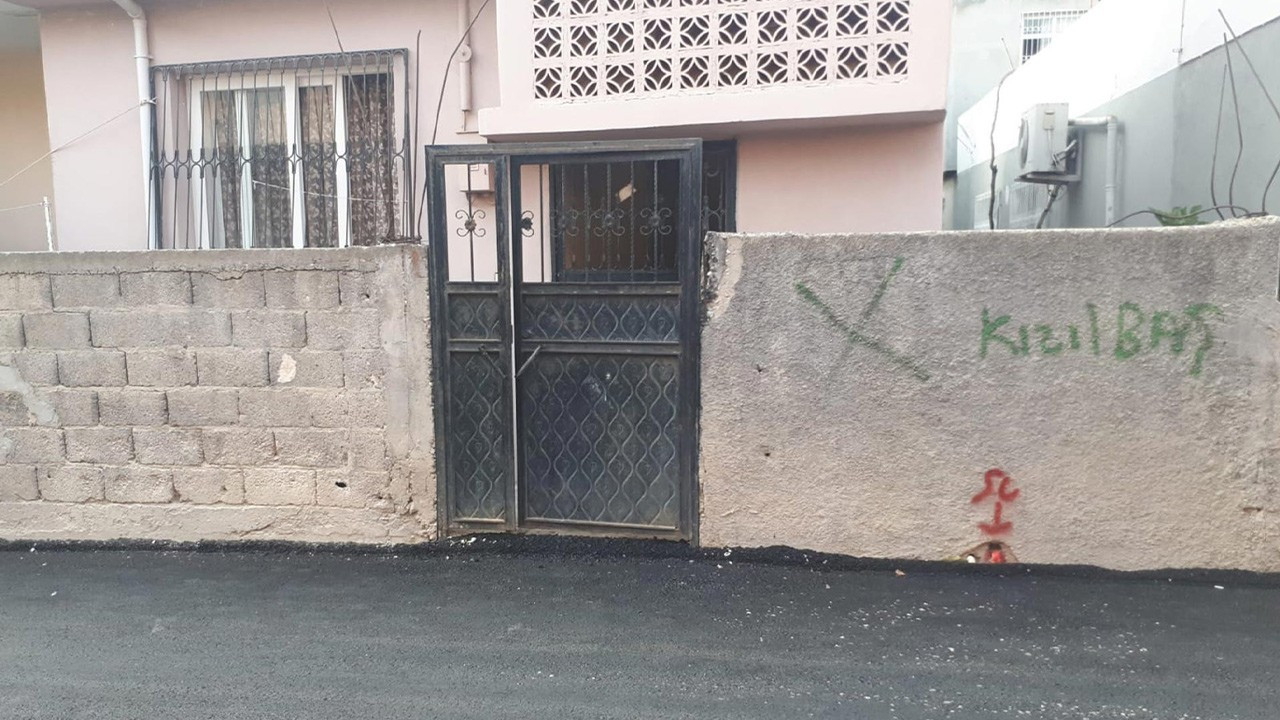 Alevi residents' homes marked in Turkey's Adana in yet another hate crimeHuman Rights
Alevi residents' homes marked in Turkey's Adana in yet another hate crimeHuman Rights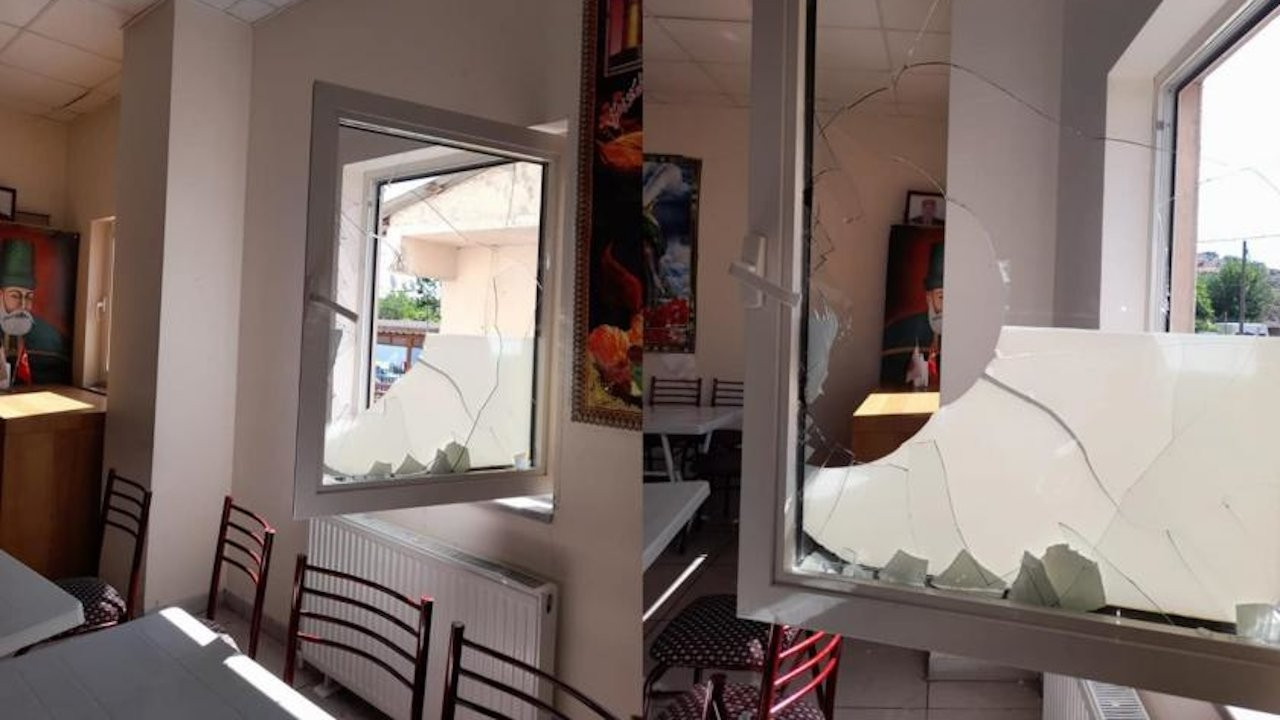 Two detained for attacking cemevi in IstanbulHuman Rights
Two detained for attacking cemevi in IstanbulHuman Rights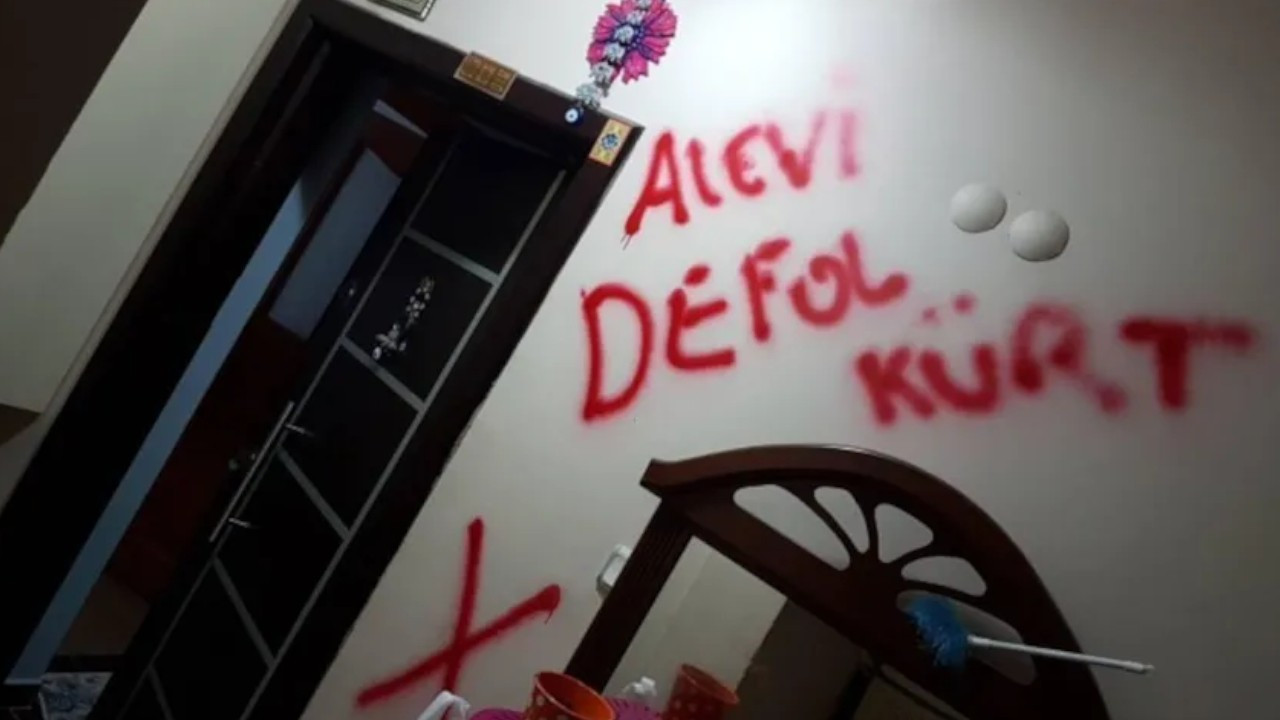 HDP employee's home marked with cross, racist graffitiHuman Rights
HDP employee's home marked with cross, racist graffitiHuman Rights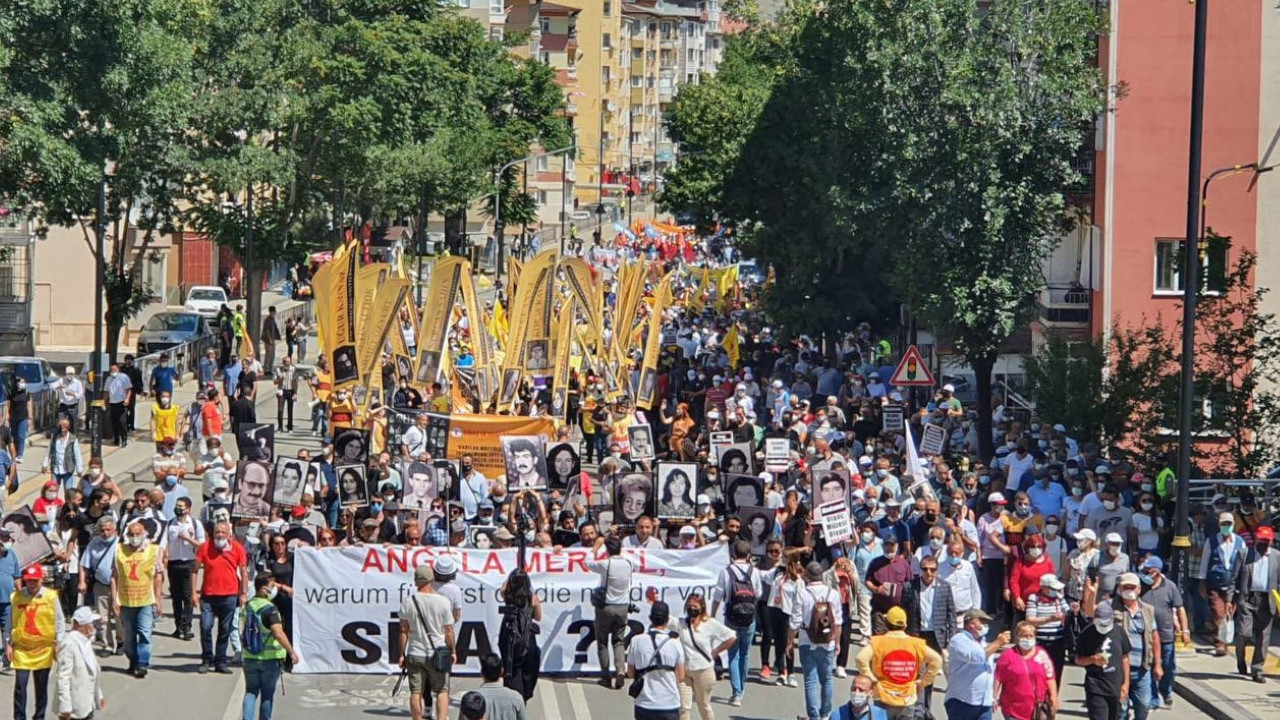 Turkey commemorates victims of Sivas Massacre on 28th anniversaryHuman Rights
Turkey commemorates victims of Sivas Massacre on 28th anniversaryHuman Rights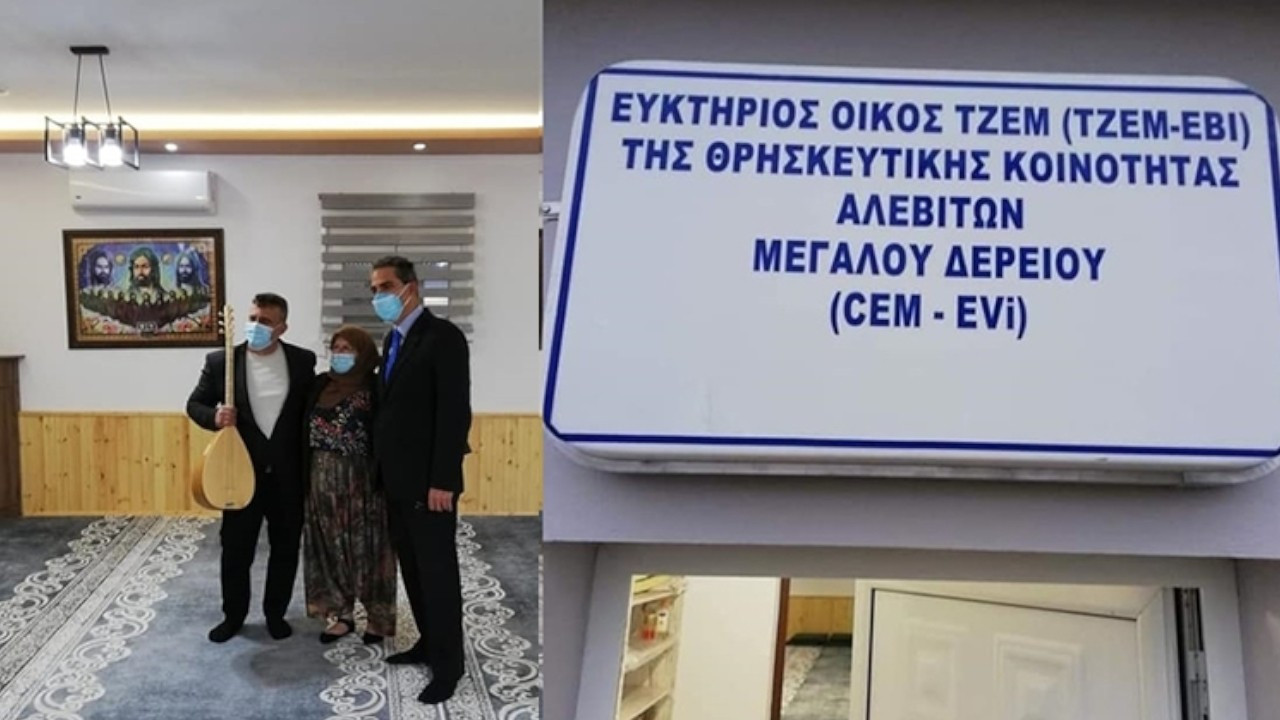 Greece grants legal status to Alevi house of worshipHuman Rights
Greece grants legal status to Alevi house of worshipHuman Rights